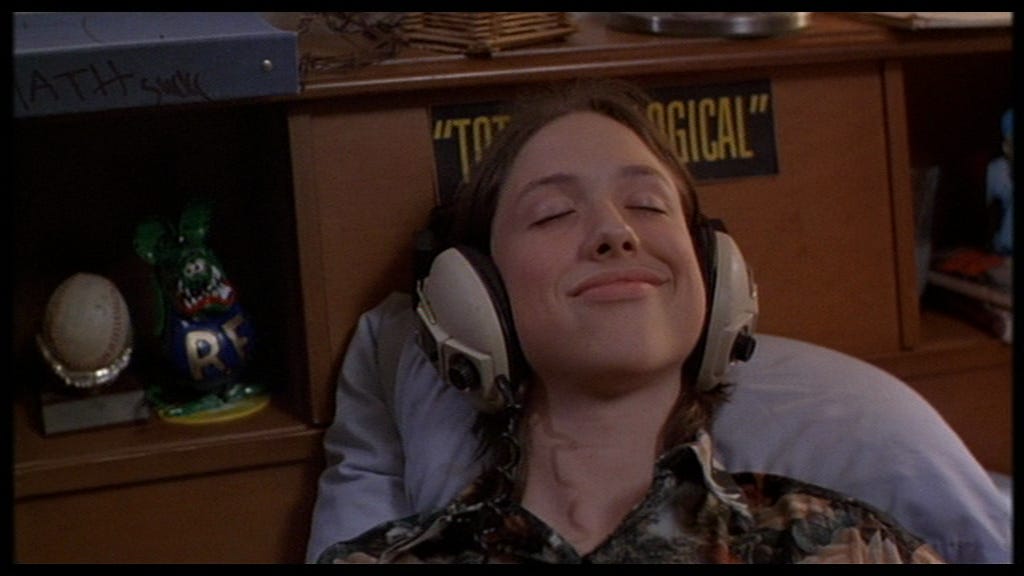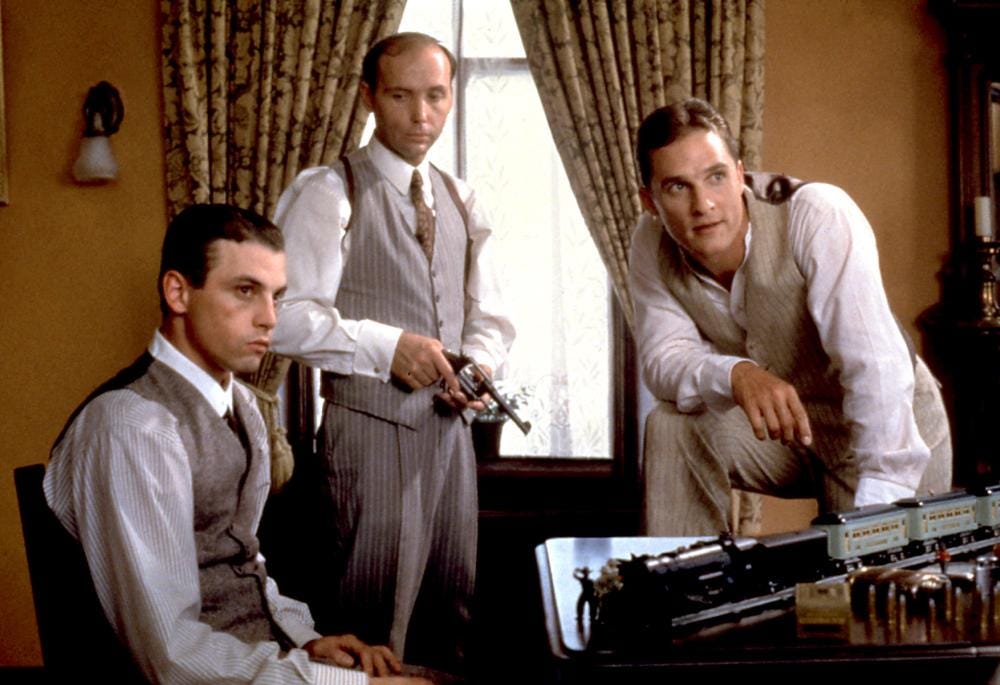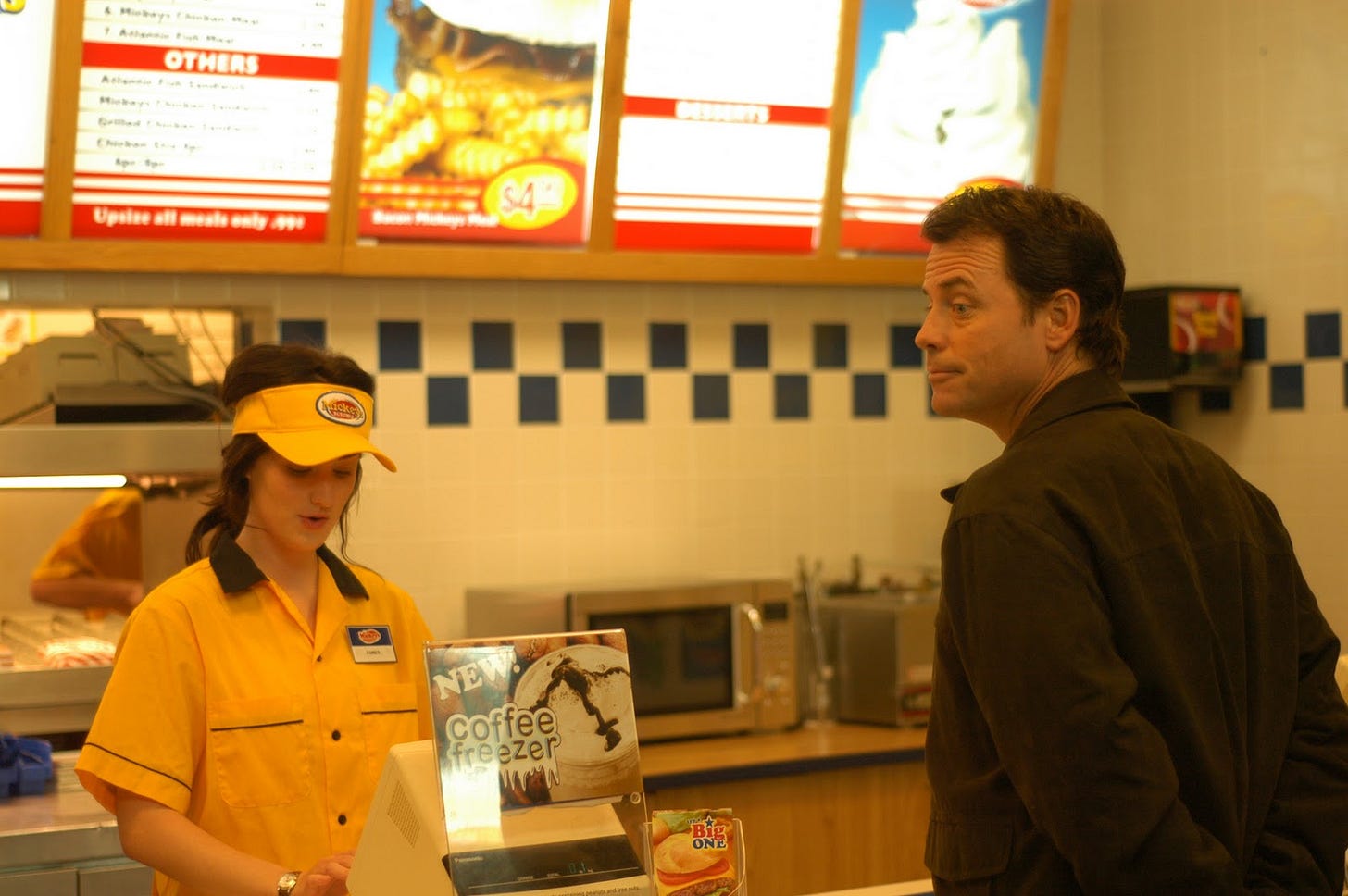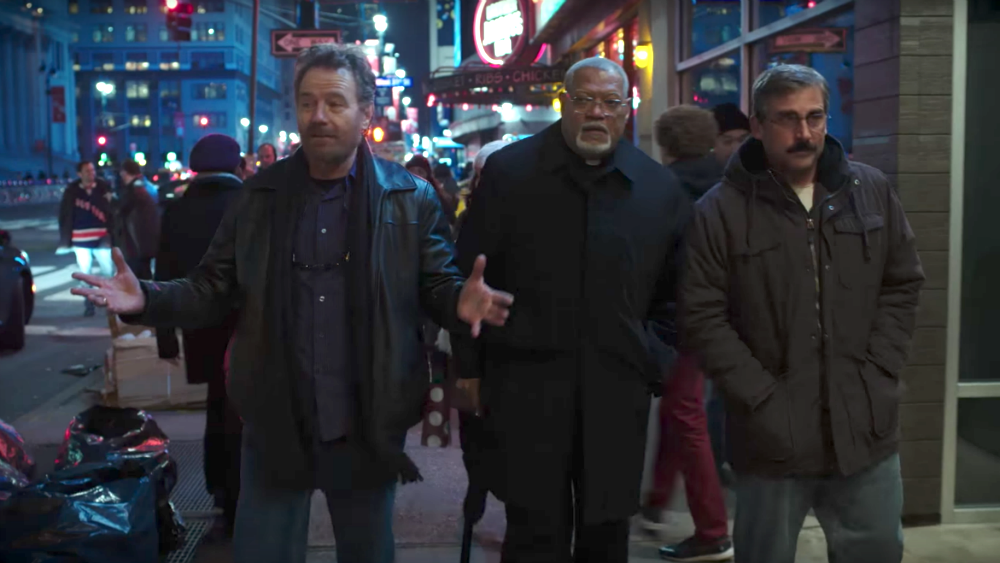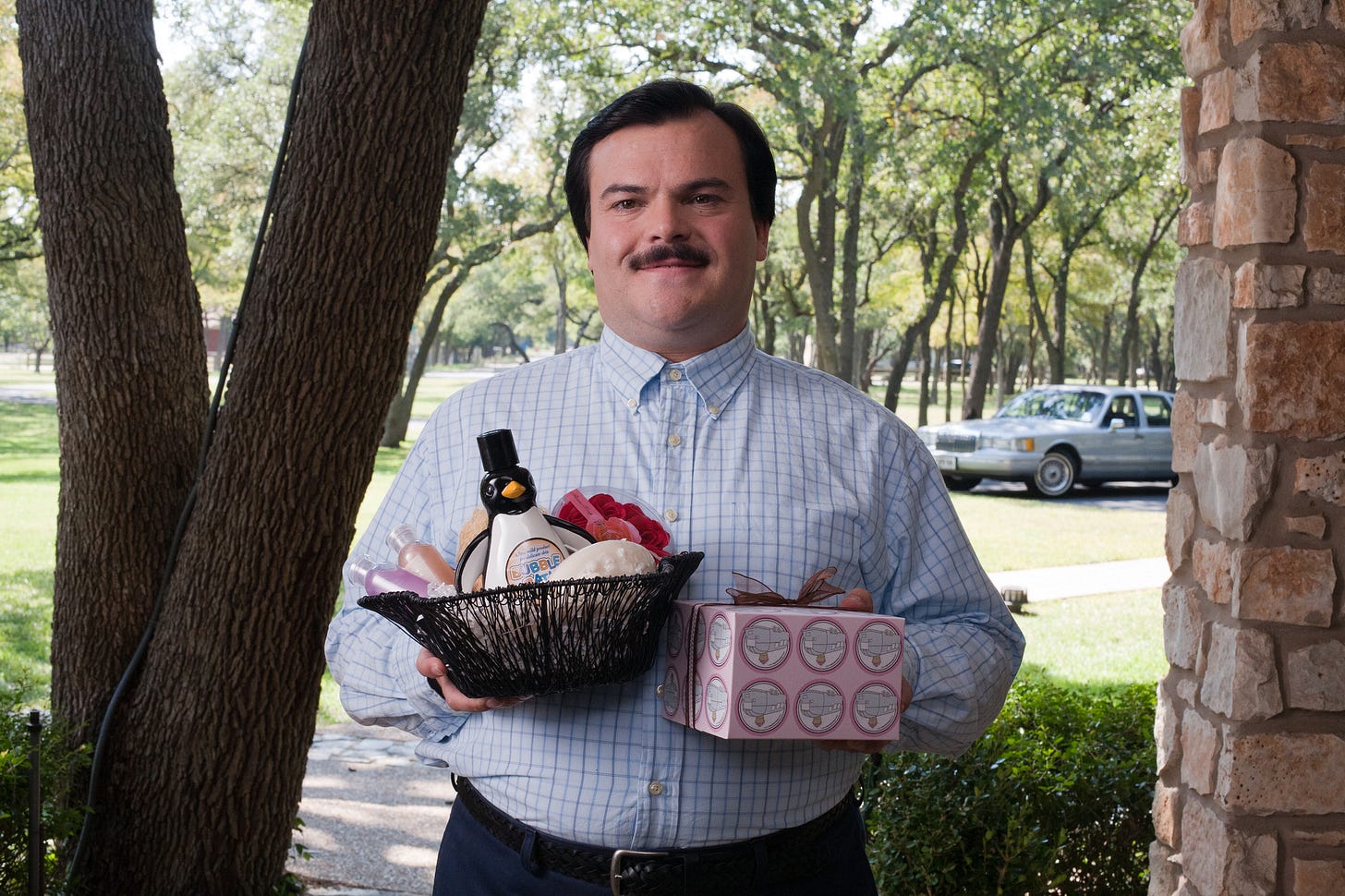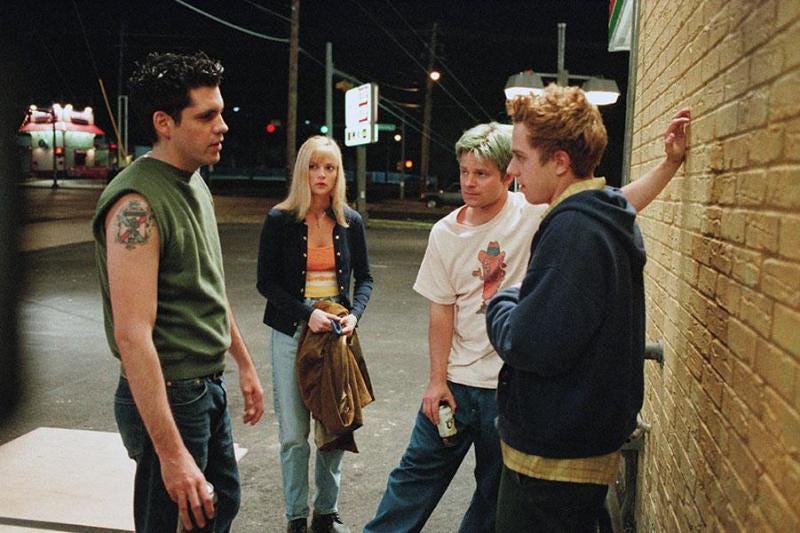Richard Linklater, Ranked
assessing the films (that I've seen) of one of my favorite directors
We did my favorite all-time director recently. Now here’s another one of my favorites. Richard Linklater does not have the flash of some of the biggest names out there, the stylistic hubris of Quentin Tarantino or the sense of gravitas afforded to every PT Anderson film. Linklater’s virtues are quieter and less showy, and his taste molds more to the scripts he shoots than some other directors. But I think he stands shoulder to shoulder with the best in the game, and his more humble style allows him to take on projects that other celebrated directors would not. (We were never going to get Quentin Tarantino’s School of Rock.) Let’s rank his work.
I’m going to be picking and choosing what to list a little bit here, as Linklater has a long list of credits as a director, some of which are not major features and some of which I just haven’t seen or don’t care about. (Apparently he directed a movie about the Apollo program that came out last year, about which I heard literally nothing.) This one will exceed the email size limit so click the headline to be taken to the newsletter site.
17. The Newton Boys
Continuing Linklater’s career-long obsession with his native Texas, I admire The Newton Boys for being an attempt decidedly out of his wheelhouse, but not much else. It’s a big swing at a period piece about a real-life 1920s-era gang. The cast’s a plus, and I had a reasonably good time, but Linklater’s lazy style and talky tendencies don’t help what’s supposed to be an action movie. So, so much talking, only not in the cool contemporary Linklater way but in a clunky period fashion. Roger Ebert complained that the movie was hampered by being a hang instead of a story - which defines exactly why people love Linklater’s (other) movies.
16. Fast Food Nation
Eh. Fast Food Nation was probably misconceived from the beginning: it’s an attempt to make a dramatized movie out of a famous work of polemical nonfiction. I read Eric Schlosser’s best-selling invective about how unhealthy fast food is, and how cruelty to animals is a central element of the production of fast food, not long after it came out. When I saw trailers for the movie, I wondered how it would translate to cinema. Not very well, it turns out! There’s again an impressive cast, but as reviews complained at the time, most characters wander into the movie briefly and then wander out, with little in the way of meaningful connections between them or anything to distinguish them as individuals. It was always going to be hard to make a good movie out of this subject matter, and I think impossible to do so from Schlosser’s book. Just read it instead.
15. Last Flag Flying
This is definitely not a bad movie; it’s serviceable at worst. Please forgive me for going three for three on “great cast” so far on this list; there’s more of that to come. A sensitive story about three Vietnam vets coming together after one of their sons dies in Iraq, I admire this movie more than enjoy it. Certainly, it’s nice to see some pop culture acknowledgment of the Iraq war - there’s a lot less than you’d think, given how politically and socially momentous that conflict was. (Most people immediately think of The Hurt Locker, which I find politically inert and a bit of a snooze.) Steve Carell is great as the grieving father, as are Bryan Cranston and Laurence Fishburne as his friends. But the movie’s overtly mournful tone and clear sense of its own gravitas don’t really match Linklater’s style, and the story doesn’t really go anywhere.
14. Bernie
I think this could be the first entry that might anger some readers, as the people who like Bernie tend to really like it. I definitely enjoyed this movie and would recommend it; the fourteenth-best film on this list is still a definite thumbs-up from me. I just don’t connect with Bernie as much as its die-hards do. This movie is a perfect example of why “gentle” is a word so often attached to Linklater’s films. It’s a murder story that treats its characters lovingly, including the murderer. A.A. Dowd defined this trait as a “poky Southern amiability,” which is a fine description of a lot of Linklater’s work. Jack Black is great in this, and there’s a wry comic sensibility that I dig. The movie isn’t any higher on my list because I find the inevitable true-crime reality that settles in to be a little too tonally dissonant for me to process. I love black comedies, but I’m not sure that grafting the small-town niceties onto such dark comedy really works here.
13. SubUrbia
This one is both a likely pick for “underlooked gem” and one that I might regret placing too low on the list. It has to be one of Linklater’s least-seen films. The setup is high Linklaterism: a bunch of young slackers spend all their time hanging out at a convenience store. They talk, a lot. They spar lightly with the owners of the store, until the sparring is suddenly not so light. They ruminate on life. They talk about selling out. They’re in stasis in every sense; their leader, played by Giovanni Ribisi, is dealing with the betrayal of his girlfriend leaving to go to school. But there’s been a shock to their system: one of their fellow slackers has unexpectedly become a no-bullshit rockstar, and he’s coming home to hang out with them, forcing them to confront their utter lack of life momentum. It’s a good counterpart to Kevin Smith’s Clerks, just as talky, also funny, but suffused with much more sadness. This is a good example of Linklater making a film that’s tailor-made for him and his strengths, but in a somber mode rather than his usual effortless cheerfulness. It’s a meditation on the dark side of all that slacking.


